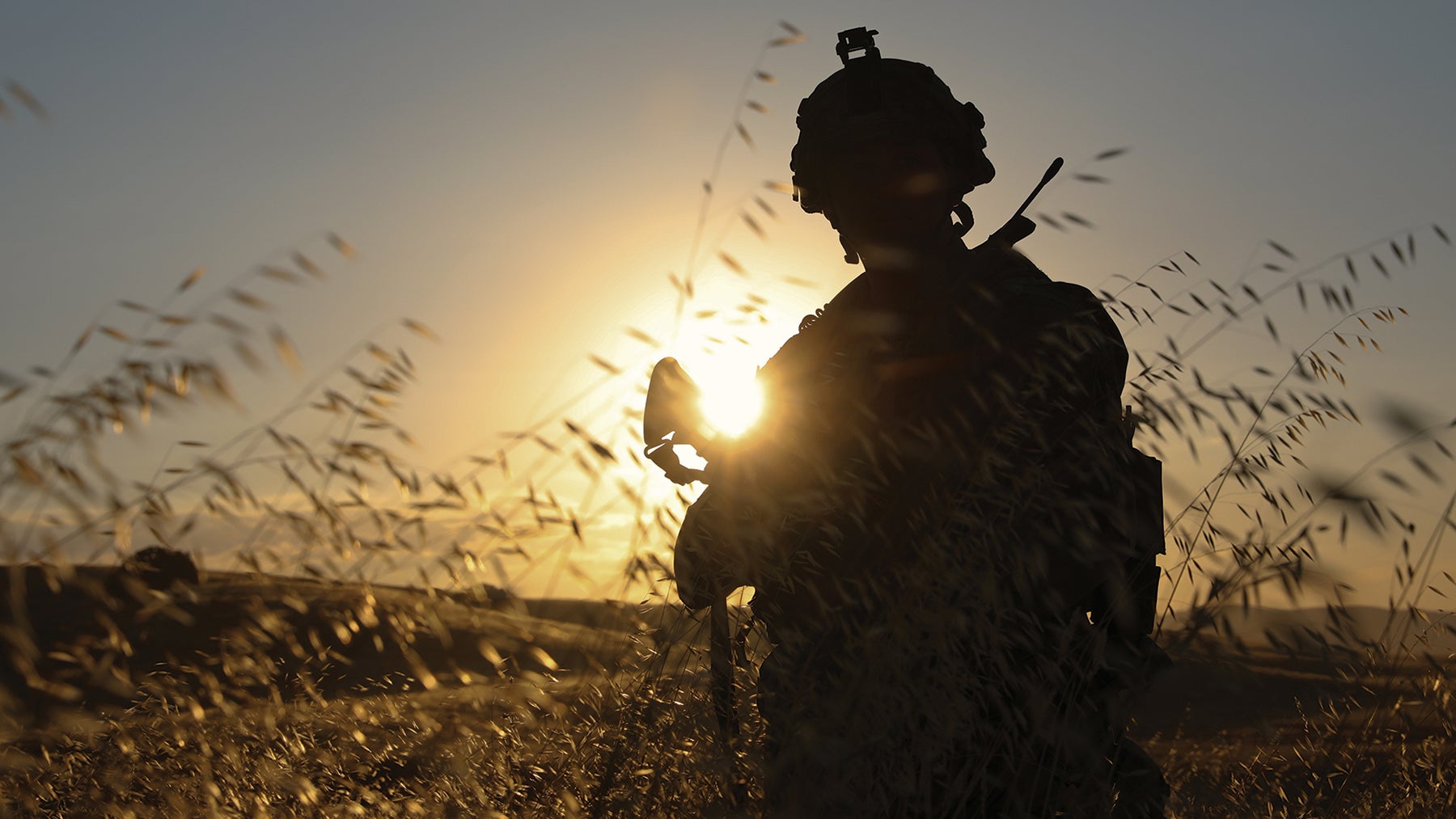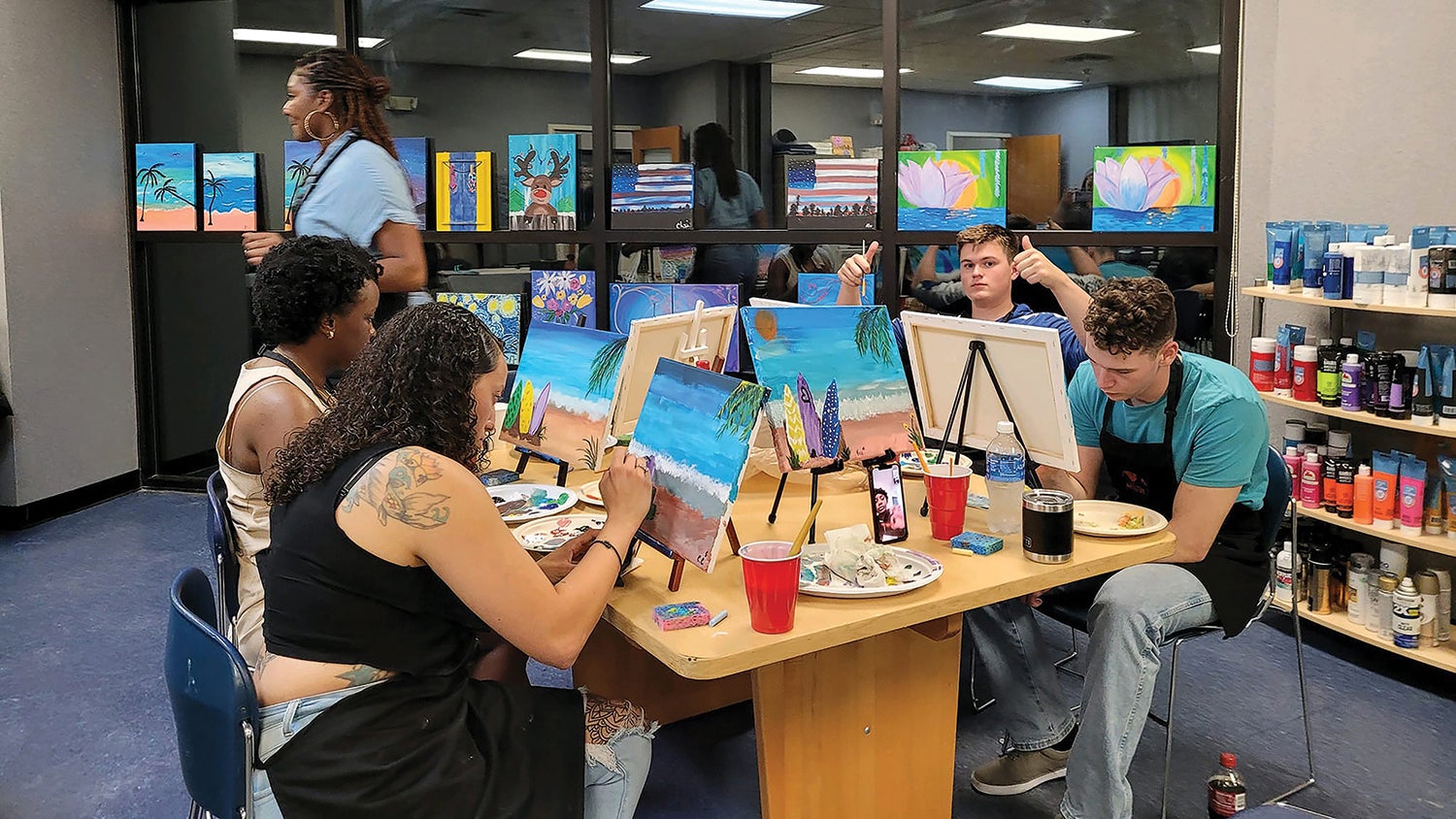Have you ever thought about the cost of loneliness? Even before the COVID-19 pandemic, around 50% of American adults reported being lonely, according to the U.S. surgeon general. Chronic feelings of loneliness or social isolation have an impact on one’s lifespan that is similar to smoking up to 15 cigarettes a day.
According to the May 2023 U.S. surgeon general’s advisory, “Our Epidemic of Loneliness and Isolation,” loneliness increases the risk for cardiovascular disease, dementia, stroke, depression, anxiety and premature death. Loneliness has proven to be more deadly than obesity and physical inactivity, the advisory says.
Although this data is alarming, research also demonstrates that building strong bonds in relationships and enhancing how you are connected with your community can improve your health.
After an 80-year longitudinal study, researchers at Harvard University in Massachusetts found strong relationships were the single most important variable for long-term health and happiness. This is not to say that sleep, activity and nutrition are not important. It just brings to light how important strong relationships and a sense of connectedness are, not just to mental health, but to overall health.

Cries For Help
Combating loneliness can be challenging for U.S. Army families based on the need to re-create a sense of community, belonging and connectedness with each change in duty station. It does not take long to scroll through an Army spouse group’s social media page to find a post like, “I’m new here and have no friends, and my spouse is away at school. I am an animal lover. I would like to build on a few solid friendships here …”
Other pages say, “Yes, I am THAT person. I need friends! I moved down here a few months ago. I tried to make friends to no avail!” Or, “Hey everyone, I’ve been really hesitant to post this because I’m absolutely bad at making new friends and have the worst social anxiety.” Or, something like, “Good morning! I’m putting myself out there. I need some adult friends! I am an introvert at heart, and I have a precious 2-year-old.”
The Army has long understood the value of programs and services that bring people together, not in the context of social connectedness, but esprit de corps. Considering the surgeon general’s report, leaders have the opportunity to contextualize the Army’s efforts in a different way. Whether through unit sports, recreation programs, chapels, performance centers or fitness and library centers, these create the opportunity for connection.
Fighting an Epidemic
Creating connections with family, unit and community inside and outside the gate can help create stronger communities while the Army fights the epidemic of loneliness. These programs not only provide healthy outlets in the busy lives of Army families, but also provide protective factors for one’s health.
Before the surgeon general’s call to action to fight loneliness, the Army had identified the importance of building stronger communities and in April 2019, published Army Directive 2019-17: Changes to the Soldier and Family Readiness Group Program. Because the family plays such an instrumental role in a soldier’s readiness, the Army changed the name of Family Readiness Groups to Soldier and Family Readiness Groups. The change was made to include both single soldiers and families, and to place program ownership with unit commanders.
This change helped broaden the scope to ensure that all felt included, supported and welcomed into a unit’s support network. In addition to the name change and commander’s ownership, the updated policy shifted the focus of the Soldier and Family Readiness Group from social activities to direct support, connection and information-sharing across the group. By connecting people, the unit would serve as a place to look for resources and build strong bonds among families.
Creating Bonds
While soldiers and families scour social media platforms searching for friends and building communities, there’s an opportunity for installation and unit leaders to facilitate better ways to create opportunities that bring people together to build relationships. At the installation and community level, how do leaders leverage Army programs to help build strong bonds, trust and connectedness?
One opportunity at the installation level is to reimagine ways to build and strengthen support networks. Installation town halls have been great venues to share information and resources supporting soldiers and their families. With the surgeon general’s call to action, slight modifications in how leaders approach these events could enhance communication with those across Army communities to build a better sense of belonging. Typically, these events are well attended by unit and Soldier and Family Readiness Group leaders.
How do leaders broaden who is in attendance to include more nonmilitary unit-related leaders (i.e., Boy Scout and Girl Scout leaders, Department of Defense Education Activity leaders, sports clubs)? How do leaders leverage technology to better reach members of their communities who may feel more socially isolated so they understand the resources and support that exist to help build stronger communities?

Making Time
One of the biggest challenges to busy Army families is time. So, how do leaders create opportunities for adult connectedness while acknowledging their busy schedules? For parents waiting for their child’s soccer practice to be over, rather than remaining isolated, community leaders could invite the other parents to join together and introduce themselves. The installation town halls could help members of a community find a common interest and start a group that’s held during children’s practice—exercise, create a book club, create arts and crafts together or discuss challenges other parents also may be experiencing.
Have kids who have extra energy after school? Create a parent linkup at the local playground. This allows parents the opportunity to build relationships while their kids do the same in their own way. All these simple changes can help burst the bubble that surrounds an individual, cultivating loneliness, and instead increase their sense of connectedness value among others and help them feel like part of a team.
Pregnancy is a challenging time for any new family. For Army families, this can be difficult if they are in a new geographic area and separated from extended family. Knowing that cultivating teams can decrease feelings of loneliness, is there an opportunity to create a group that allows pregnant women to improve connections and a sense of belonging? Yes. Army Medicine and the Defense Health Agency together provide this opportunity. Pregnant women can join a group that consists of no more than 12 expectant mothers who all have similar delivery dates.
As women progress through their pregnancy, they routinely meet to get both medical care and support from the group. Not only does this allow the women to take control of their pregnancy, but the coffee shop atmosphere allows them to build relationships and connections.
Rachel Imman, who completed this program at Brooke Army Medical Center, Texas, stated, “I have enjoyed the pregnancy group. … I didn’t have as many friends because of COVID. It’s nice to have a bunch of ladies who are in the same boat that I am in, and we can actually talk to each other, ask questions, and see what’s going on with each other. It makes me feel better. I don’t feel as isolated.”
Several Benefits
Scientifically, such programs have been shown to improve birth weight and result in fewer cesarean section deliveries and increased breastfeeding rates. However, in light of the surgeon general’s report, this program’s benefit also could be measured in the success of creating friendships and strong bonds.
At the 2023 Association of the U.S. Army Annual Meeting and Exposition in October, Army Chief of Staff Gen. Randy George announced the “My Army Post” app that is being created by soldiers for soldiers and families. The goal of this app is to help connect community members across an installation with available programs and resources to support Army families and communities.
In addition to bringing resources into the palms of everyone’s hands, the new My Army Post app will allow community leaders like chaplains, those in Army Community Service and Military and Family Life Counseling counselors to have a better tool to help holistically connect members of their communities with resources to help fight isolation and loneliness.
Army community programs provide a foundation to fight loneliness. As leaders contextualize Army programs in this light, Army communities can fight feelings of loneliness in their organizations and create new ways to bring families together. The physical and mental health of soldiers and families depends on it.
* * *
Brig. Gen. Deydre Teyhen is director of the Defense Health Network National Capital Region, Bethesda, Maryland, and the 20th chief of the U.S. Army Medical Specialist Corps, Fort Sam Houston, Texas. Previous commands include Brooke Army Medical Center, Texas; Walter Reed Army Institute of Research; Schofield Barracks Health Clinic, Hawaii; and Public Health Command-Region South. She holds a Doctor of Physical Therapy from Baylor University, Texas; a doctorate in biomechanics from the University of Texas; and a master’s in strategic studies from the U.S. Army War College.
Dee Geise is the director of prevention, resilience and readiness and the Quality of Life Task Force, Office of the Deputy Chief of Staff for Installations, the Pentagon. Previously, she was director of installation services, Office of the Assistant Chief of Staff for Installation Management, and assistant deputy for family programs, Office of the Assistant Secretary of the Army for Manpower and Reserve Affairs. She has a master’s in strategic studies from the U.S. Army War College.

